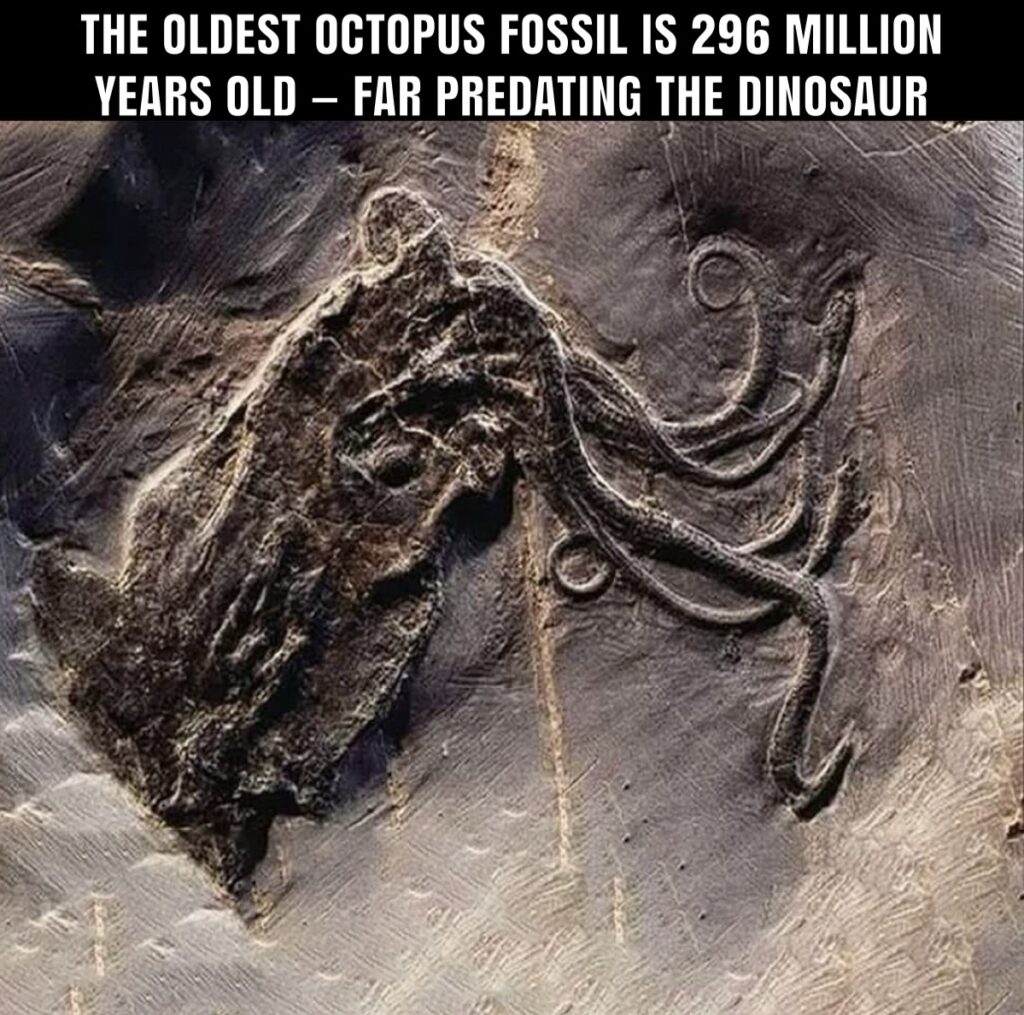
The bird does not sing because it has skill.
The bird sings because it has a melody.
It sings
because silence
too long held
becomes ache.
It sings
as rivers do—without purpose,
but with direction.
We keep looking for meaning
in the rhythm of wings,
in the cadence of chirps,
as if thesis hides there,
as if beauty were a proof
awaiting defense.
But the bird sings
the way fire glows,
the way tides reach:
not because it must,
but because it is.


